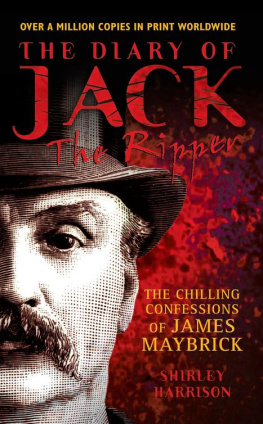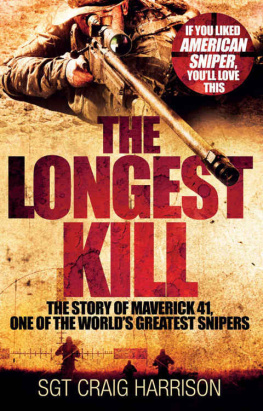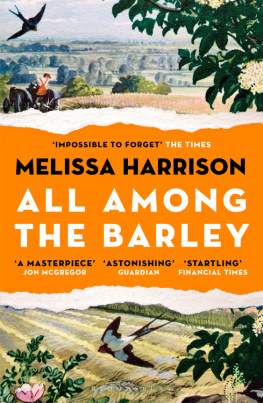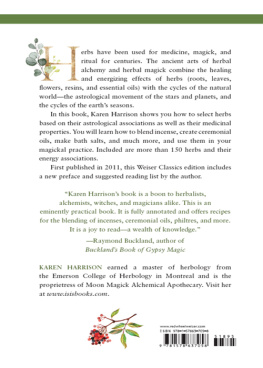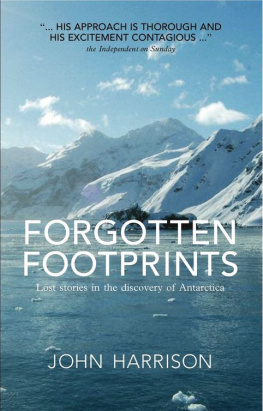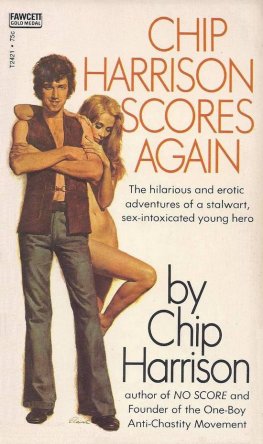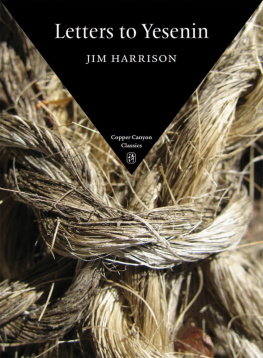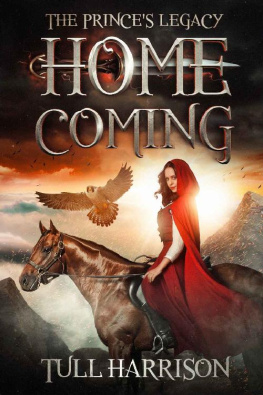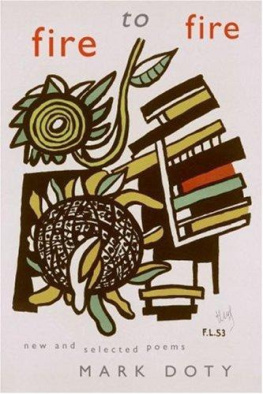Harrison - Feeding the fire : poems
Here you can read online Harrison - Feeding the fire : poems full text of the book (entire story) in english for free. Download pdf and epub, get meaning, cover and reviews about this ebook. City: Louisville, Ky, year: 2001, publisher: Sarabande Books, genre: Home and family. Description of the work, (preface) as well as reviews are available. Best literature library LitArk.com created for fans of good reading and offers a wide selection of genres:
Romance novel
Science fiction
Adventure
Detective
Science
History
Home and family
Prose
Art
Politics
Computer
Non-fiction
Religion
Business
Children
Humor
Choose a favorite category and find really read worthwhile books. Enjoy immersion in the world of imagination, feel the emotions of the characters or learn something new for yourself, make an fascinating discovery.

- Book:Feeding the fire : poems
- Author:
- Publisher:Sarabande Books
- Genre:
- Year:2001
- City:Louisville, Ky
- Rating:4 / 5
- Favourites:Add to favourites
- Your mark:
- 80
- 1
- 2
- 3
- 4
- 5
Feeding the fire : poems: summary, description and annotation
We offer to read an annotation, description, summary or preface (depends on what the author of the book "Feeding the fire : poems" wrote himself). If you haven't found the necessary information about the book — write in the comments, we will try to find it.
Feeding the fire : poems — read online for free the complete book (whole text) full work
Below is the text of the book, divided by pages. System saving the place of the last page read, allows you to conveniently read the book "Feeding the fire : poems" online for free, without having to search again every time where you left off. Put a bookmark, and you can go to the page where you finished reading at any time.
Font size:
Interval:
Bookmark:
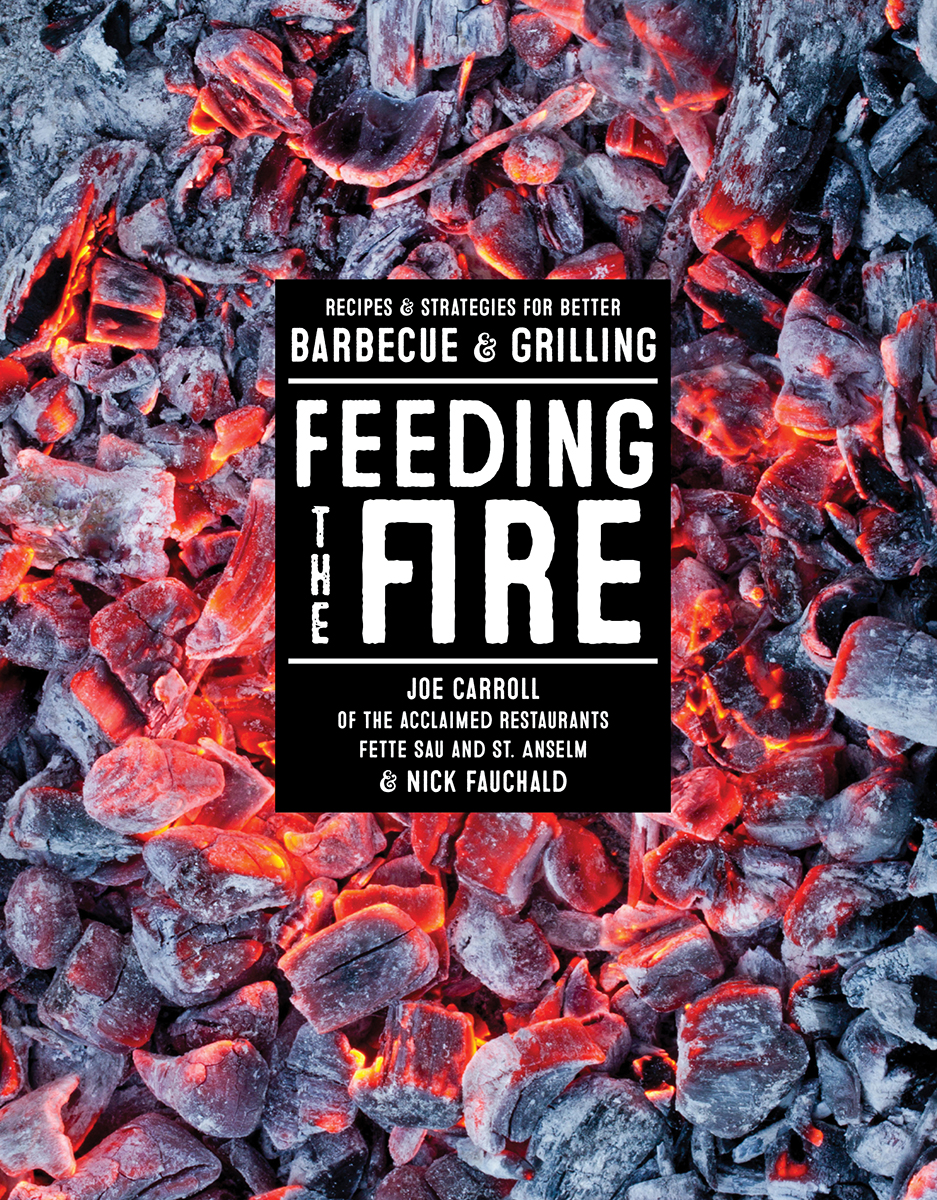

feeding the fire
recipes & strategies for better barbecue & grilling
JOE CARROLL and NICK FAUCHALD
Photographs by William Hereford

To Cora and Dante
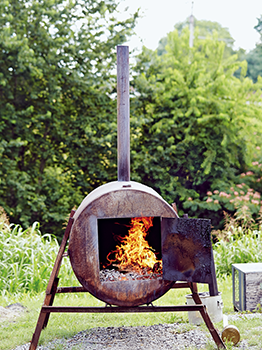
Contents
Foreword
by Stephen Starr
Its no stretch to say that Joe Carroll is a rare breed among restaurateurs. Id go so far as to say that hes actually a rare breed among people.
In both of my livesthat is, my old life in the music business and my current life in the restaurant worldI have very rarely come across a successful person whose vision and inspiration come entirely from within. Joe is one of those guys. Hes the type who doesnt study trends, but instead sees promise in ideas that nobody else has ever considered; the type who sits down and writes a hit song without ever having listened to anyone elses music. Its an enviable gift. (And believe me, some twenty years and forty restaurants into my career, I do envy it.)
Joe is my partner in Philadelphias Fette Sau, the barbecue restaurant he dreamed up and first opened in Brooklyn to great acclaim. The praise for the food and the character of the restaurant is justly earned, though I think what people really respond to at Fette Sau is more than just great barbecue and savvy art direction. Id say its the same thing that I responded to when I first met Joe in 2012, and thats his innate ability to grow one small, well-defined idea into something with outsize impact. His restaurants have been more than a breath of fresh air in the Brooklyn and Philadelphia food worlds; they have been game-changers on a national level.
Beyond the great idea, past the initial flash of brilliance, what we see with Joe is an almost anthropological commitment to the culture of the food, an exhaustive understanding of the details that make a restaurant come together. (How else to explain how a kid from North Jersey who lives in Brooklyn could come to so fully inhabit and redefine the world of Southern barbecue?) You see this commitment in every bite at Fette Sau; you see it in the steaks and wine at St. Anselm, his Brooklyn steakhouse; you see it in the remarkable craft beer list at his bar, Spuyten Duyvil. Joe doesnt just do his homework in order to make a concept work; he crafts his concepts in order to tell the story he wants to tell. I think its no coincidence that he got his start like I didnot in the kitchen, but in the music world. This is a man who knows how to connect with an audience.
And yet growing an audience is not what drives Joe Carroll. As it turns out, this isnt just a guy who can write a hit song: Hes a guy who decides to write that song not because he thinks it will sell, but simply because the music is in him and because he knows that it is great. And in any industry, such unwavering commitment and unflagging service to a great idea is nothing short of inspiring. As you read this cookbook, I think youll agree.
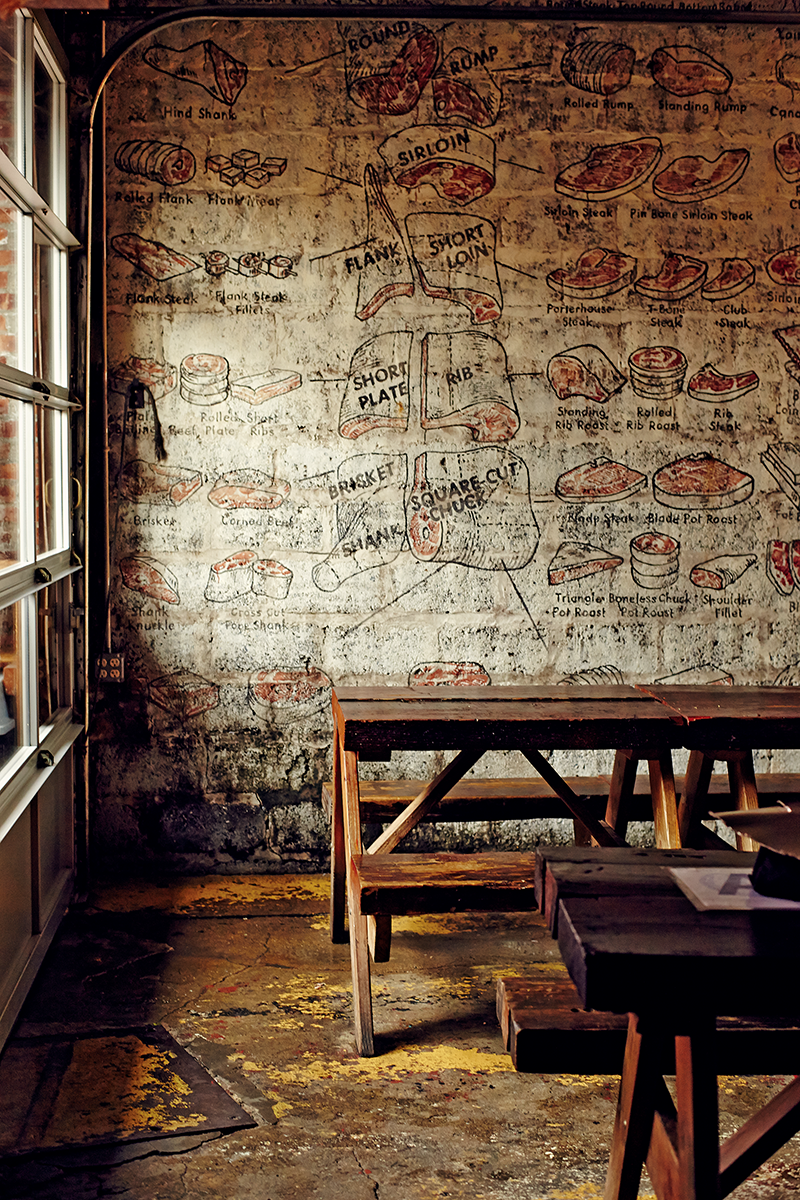
Introduction
An Unlikely Pitmaster
I cannot claim any kind of barbecue pedigree. I grew up in New Jersey; my parents hail from the Bronx. We didnt spend our summers crisscrossing the South in search of legendary brisket, ribs, and pulled pork; we spent it in our backyard, cooking dinner on the grill.
We lived on the second floor of our four-family apartment building, so running back and forth to the kitchen was a pain. Instead, I brought the kitchen to our backyard. Starting young helped me become a fearless cook: I rarely used recipes, and I loved to experiment. My approach to cooking has always been Why not? I would rather try something that hasnt been done before than replicate a dish from a book. As teenagers, my buddy Brendan and I grilled pizza and lobsters long before it was a thing other people did. While some of my experiments failed, I learned enough from both my successes and my mistakes to have become a confident, decent cook by the time I moved to New York for college.
But I never planned on a career in food. I began my career in the New York City music industry as a consultant to record labels on promotion, sales, and A&R. When my wife, Kim, and I found ourselves without jobs during the dot-com bust of 2002, we moved into my parents building in New Jersey. Broke and bored, we started visiting garage and estate sales to pass the time, filling a storage locker with secondhand furniture and antiques but not knowing what, if anything, we were going to do with them. One day we saw a gorgeous mahogany bar from the 1920s at a sale for $180; I returned the next day, talked the owner down to $50, and loaded it into my Chevy Astro van. I guess we have to open a bar now, I said to Kim. So we did.
Ive been a beer lover since I was in high school, when I would buy bottles of Guinness Extra Stout (the good stuff, imported from Canada) while my friends drank whatever fizzy yellow beer was the cheapest. During my college years I read everything I could find on beer, mastered the art of home-brewing, hounded beer importers for obscure European beers, and worked a short stint at a beer-focused Belgian restaurant in the East Village. So when we found a location for our bar on a not-yet-gentrified stretch of Metropolitan Avenue in Williamsburg, Brooklyn, I knew exactly what kind of establishment I wanted to open: a little beacon of craft beer in a sea of PBR, where wed serve brews nobody else carried, the kind of stuff that would make my fellow beer geeks flip out.
We opened Spuyten Duyvil in September 2003 and spent the next three years working our tails off there. The bar was successful beyond our expectations, but Kim and I became restless, and I began thinking about what to do for our next project. Some people start with a concept and find a space to match. I had lots of concepts in mind, so I looked for spaces that could house one of them.
It turns out Id been staring at it through Spuyten Duyvils front windows for three years. In the winter of 2006, a neighbor, J. D. Merget, who owns a coffee shop around the corner, told me that the auto-mechanic garage across the street was for rent. I stopped by to take a look: it was as rough and nasty as you would imagine an old garage to be, a truly fucked-up space set back from the sidewalk, its walls seasoned with decades of grease and exhaust. I knew immediately which of my projects would fit into it, the only one of my ideas that could work there: a barbecue joint.
Along with beer, Id had a longtime obsession with smoked meat. It began in 1990 at a restaurant called Brothers Bar-B-Q, a little hole-in-the-wall in Manhattans West Village, where a guy from North Carolina made pulled pork and ribs and served only vinegar sauce. I was a poor NYU student at the time and Brothers offered something called Pig-Out Tuesdays, $20 for all you could eat. My first taste of their pulled pork was manna, and it flooded me with memories of the pig roasts my parents friends threw every summer during my childhood. I remembered getting up at 4 a.m. to help put the pig on the spit and tending the glowing fire all day. After hours over the coals, the pigs crispy skin would shatter like glass in your mouth. Wed pick that carcass clean by the end of dinner. One time my dads friend cracked the pigs skull open and we ate its brains with a spoon.
Next pageFont size:
Interval:
Bookmark:
Similar books «Feeding the fire : poems»
Look at similar books to Feeding the fire : poems. We have selected literature similar in name and meaning in the hope of providing readers with more options to find new, interesting, not yet read works.
Discussion, reviews of the book Feeding the fire : poems and just readers' own opinions. Leave your comments, write what you think about the work, its meaning or the main characters. Specify what exactly you liked and what you didn't like, and why you think so.

